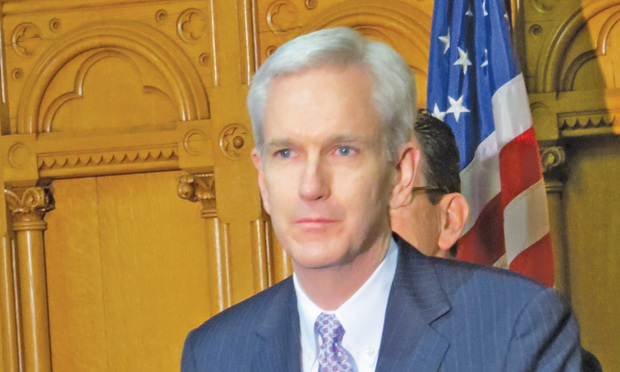Connecticut’s Freedom of Information Commission applied the wrong standard in refusing to order the release of emails between a state authority and two lawyers who are also registered lobbyists, the state’s highest court has ruled.
The Connecticut Supreme Court said several emails found shielded by attorney-client privilege would have been released had the commission applied the “primary purpose” test to separate out those emails involving legal from those involving nonlegal advice.
This content has been archived. It is available through our partners, LexisNexis® and Bloomberg Law.
To view this content, please continue to their sites.
Not a Lexis Subscriber?
Subscribe Now
Not a Bloomberg Law Subscriber?
Subscribe Now
LexisNexis® and Bloomberg Law are third party online distributors of the broad collection of current and archived versions of ALM's legal news publications. LexisNexis® and Bloomberg Law customers are able to access and use ALM's content, including content from the National Law Journal, The American Lawyer, Legaltech News, The New York Law Journal, and Corporate Counsel, as well as other sources of legal information.
For questions call 1-877-256-2472 or contact us at [email protected]



